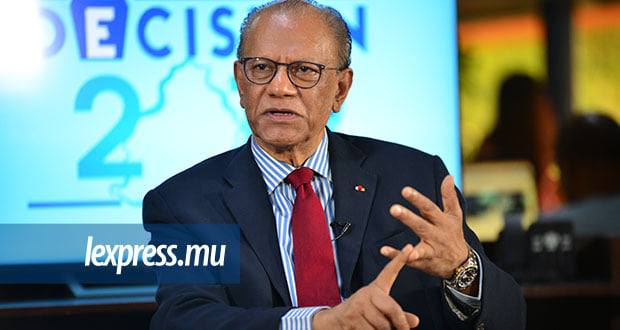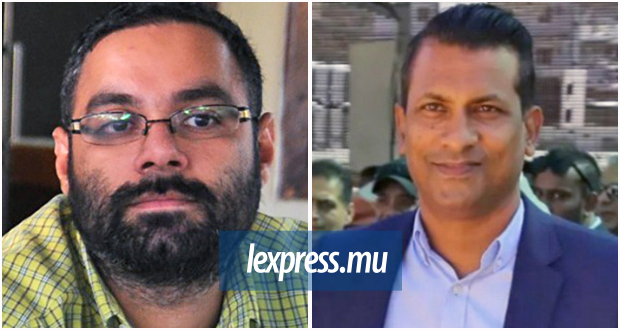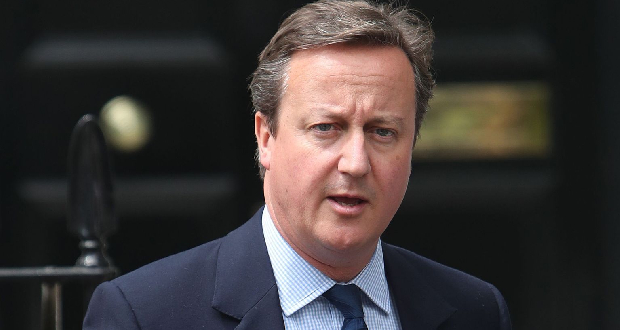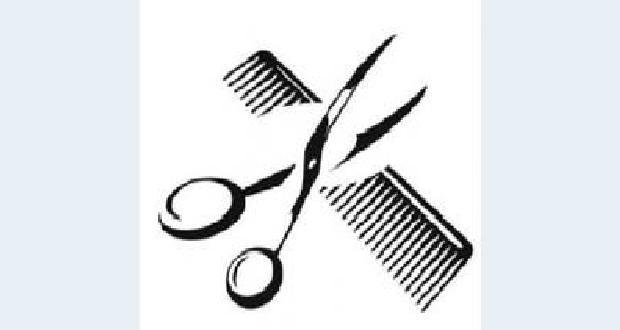Publicité
The amicale case: Where will it go from here?
Par
Partager cet article
The amicale case: Where will it go from here?
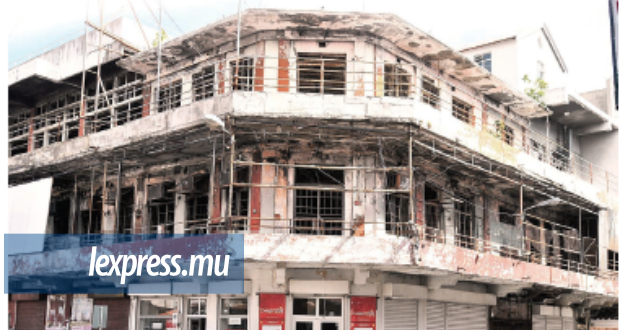

Rama Valayden and Raouf Gulbul were both members of the 12-lawyer team that drew up a report insisting that the Amicale Four are innocent and calling for the case to be reopened. But the two are now divided over where to go from here and whether the case should be turned into a litmus test for the changes in the Criminal Appeal Act.
In November 2001, four people were charged with 45 years in prison for burning the Amicale gaming house in Port Louis – an incident in which seven people were killed in May 1999. Recently, Former Attorney-General Rama Valayden, Barrister Raouf Gulbul and ten other lawyers got together and released a 216-page report titled “Wrongfully Convicted” that attempted to pick apart the case against the ‘Amicale Four’ suggesting that the arson in the Amicale gaming house was in fact the work of the Escadron de la mort, a now-defunct gang that from an outfit combating drug traffickers morphed into a radicalized sectarian group. Since then, two developments have taken place. On the one hand, President Kailash Purryag in July extended the prerogative of mercy making it possible to reopen the case and the Criminal Appeal Act has been changed to allow the Director of Public Prosecutions (DPP) to reopen cases already decided based on certain conditions. Rama Valayden sees the new law as an opportunity to re-open the Amicale case. That has put Raouf Gulbul, who has vociferously opposed the new law elsewhere, in an awkward position. He insists that going Valayden’s way is unlikely to yield much fruit. “There is a conflict of opinion between the two of us over where to go from here,” Gulbul tells Weekly.
“The new law,” lawyer and MMM Parliamentarian Reza Uteem says, “Gives the DPP the right of appeal against a conviction or an acquittal based on questions of fact as well as law.” What that means is that rather than just questioning court decisions based on legal impropriety, what the new law allows is jury verdicts to be quashed and a conviction, to in effect, be overturned. But it does come with some conditions attached. One of these is that “fresh and compelling evidence” be brought forward. This is defined as evidence that “was not adduced at the trial” or evidence that, “could not, with the exercise of reasonable diligence, have been adduced at the trial”. Gulbul interprets that to mean that in the Amicale case, what is needed, “is new evidence of a scientific and compelling nature that exculpates the accused or at least throws existing evidence into doubt”.

New evidence?
According to Valayden, the inconsistencies and investigative failings in the Amicale case brought forward are enough to satisfy that criterion. According to the report, for example, crucial evidence like 180 hours of footage collected from 38 cameras inside and eight cameras outside Anjalay Coopen Stadium at Belle Vue was analyzed in just under two hours. The report goes on to state that, “the defence (at the trial) was never informed of the existence of the footage nor had it transpired at the preliminary enquiry or at the assizes that there was such footage”.
The other piece of evidence that Valayden’s legal case is likely to rest on is the postmortem report of the watchman at the Amicale, 42-year-old Fawzee Abdool Hakim. The autopsy by then police medical officer Dr. .H
Surnam, released on August 2 1999, found Hakim’s body on the second fl oor with a stab wound, six fractures, five dislocated bones and four fractures in the head alone. These wounds, coupled with the fact that the autopsy found that he had breathed in considerably less carbon monoxide than the six other victims of the fire, points to the possibility that Hakim was actually beaten to death. But, according to the report, none of the ‘Amicale Four’ was accused of actually entering the building. An empty safe forced open and a red wire used to rappel down and make an escape from the building, Valayden argues, suggests that the Amicale was actually violently robbed by the Escadron de la mort.

But, the report goes on to say, “the medico legal report was not given any consideration whatsoever by the investigators despite the fact that it clearly aroused suspicion. There was no line of enquiry into the suspicious death of Mr. Hakim”. The disconcerting facts raised in the report, according to Valayden, are enough to question the guilty verdict against the ‘Amicale Four’.
A difference of opinion
Gulbul has a different reading of the situation: “We can use the new law to re-open the case,” says Gulbul, “but will it succeed in freeing the ‘Amicale Four’? I don’t think so.” According to Gulbul’s interpretation, the evidence unearthed in the report he helped draft, is basically evidence that existed back in 1999 and was simply overlooked or underplayed. “That’s a major problem,” he argues. The evidence unearthed in the report is not new, and doesn’t live up to the strictures placed by the new law requiring ‘fresh’ evidence. According to him, at most, what can be argued is that there was no reasonable diligence and that there was a police file that was deliberately withheld. “That’s the only argument that can be used if we go Valayden’s route and that’s not good enough.”
Rama Valayden does not agree: “We should not mix issues,” he says. “People’s views are being blurred by their stand against the bill,” he adds. He is convinced that the evidence he is going to put forward has never been used before and, in caseswhere it was, it was not available to the defence lawyers. “And, if it was not used and was not available to the lawyers,” he says, “it is fresh.”
Is it compelling, though? Without hesitating, Valayden argues that it is very easy for him to prove that the ‘Amicale Four’ were nowhere near the Amicale building at the time of the arson. “They were in fact in front of the Mauritius Football Association building and there was even an entry in Pope Hennessy police station where they were involved in acts of hooliganism,” he adds. Valayden goes further and says that at some point, the ‘Amicale Four’ went to their bakery and there are records of telephone calls they made to their relatives. This, according to him is compelling evidence which would be acceptable to the court under the new amendment to the law.
Valayden has even commissioned a report on the arson which, according to him, shows that the report made by the Scientific Laboratory of Mauritius “was baseless” and that it will be easy to challenge it in court.
Whether Valayden will win this case or not is impossible for anyone to say at this moment in time. What is sure is that he has left no route untapped. He has asked the president to refer the case to the Supreme Court under section 21 of the Criminal Appeal Act 1955; he has approached the commission for Human Rights to use its prerogatives to ask the president to “reprieve pending any legal redress” and he has even asked for a down right “free pardon”. And of course he is availing himself of the amendment to the law to have the case re-opened.
For more views and in-depth analysis of current issues, subscribe to Weekly for as little as Rs110 a month. Free delivery to your door. Contact us: touria.prayag@lexpress.mu
The outcome of the legal action initiated by Gulbul and Valayden will depend on whether the court sees the evidence above as fresh and compelling.
Publicité
Les plus récents
